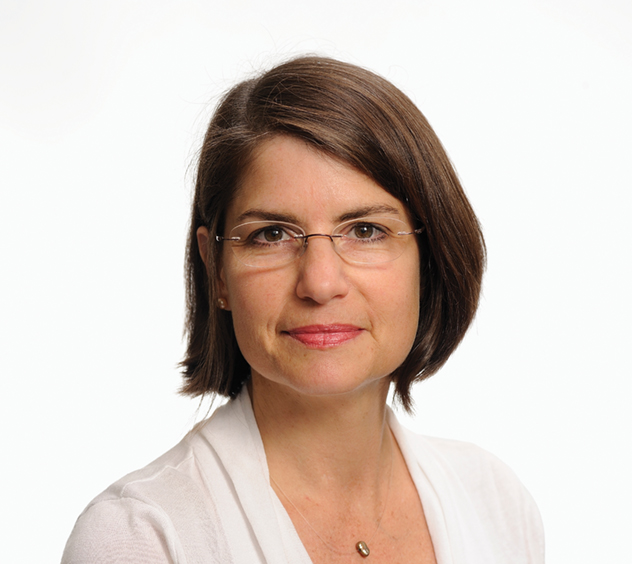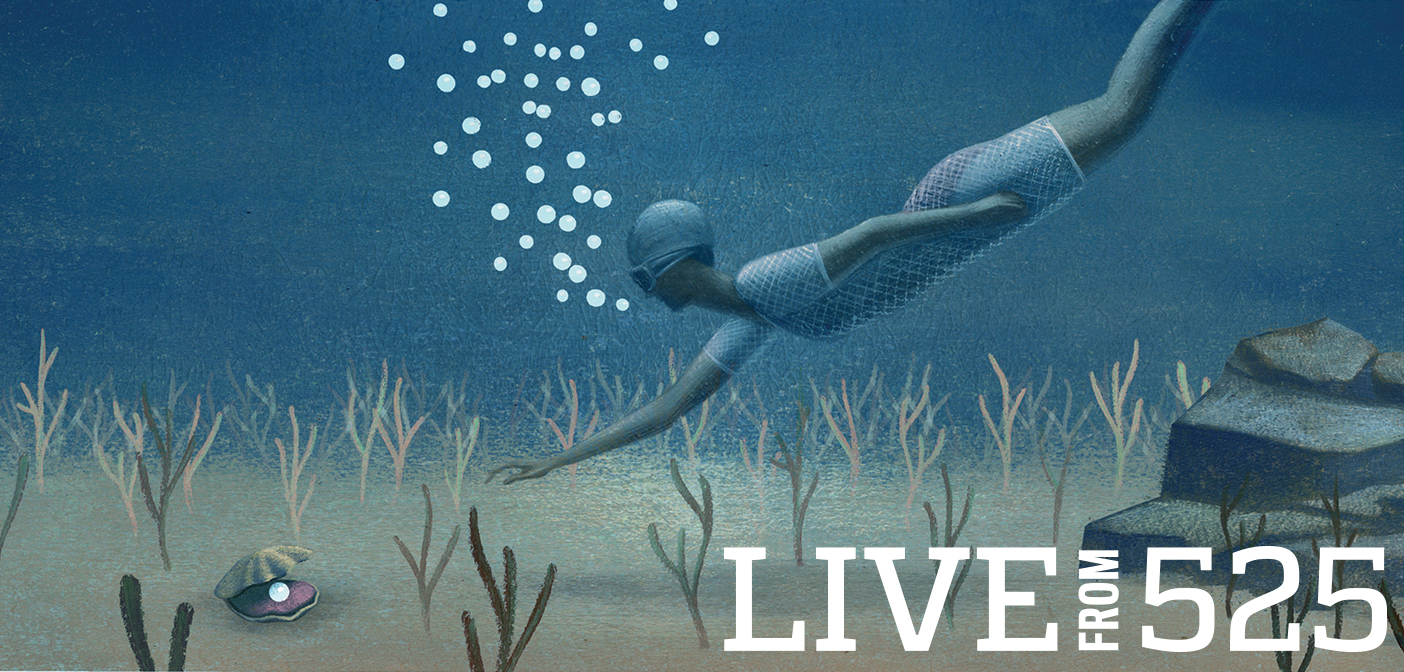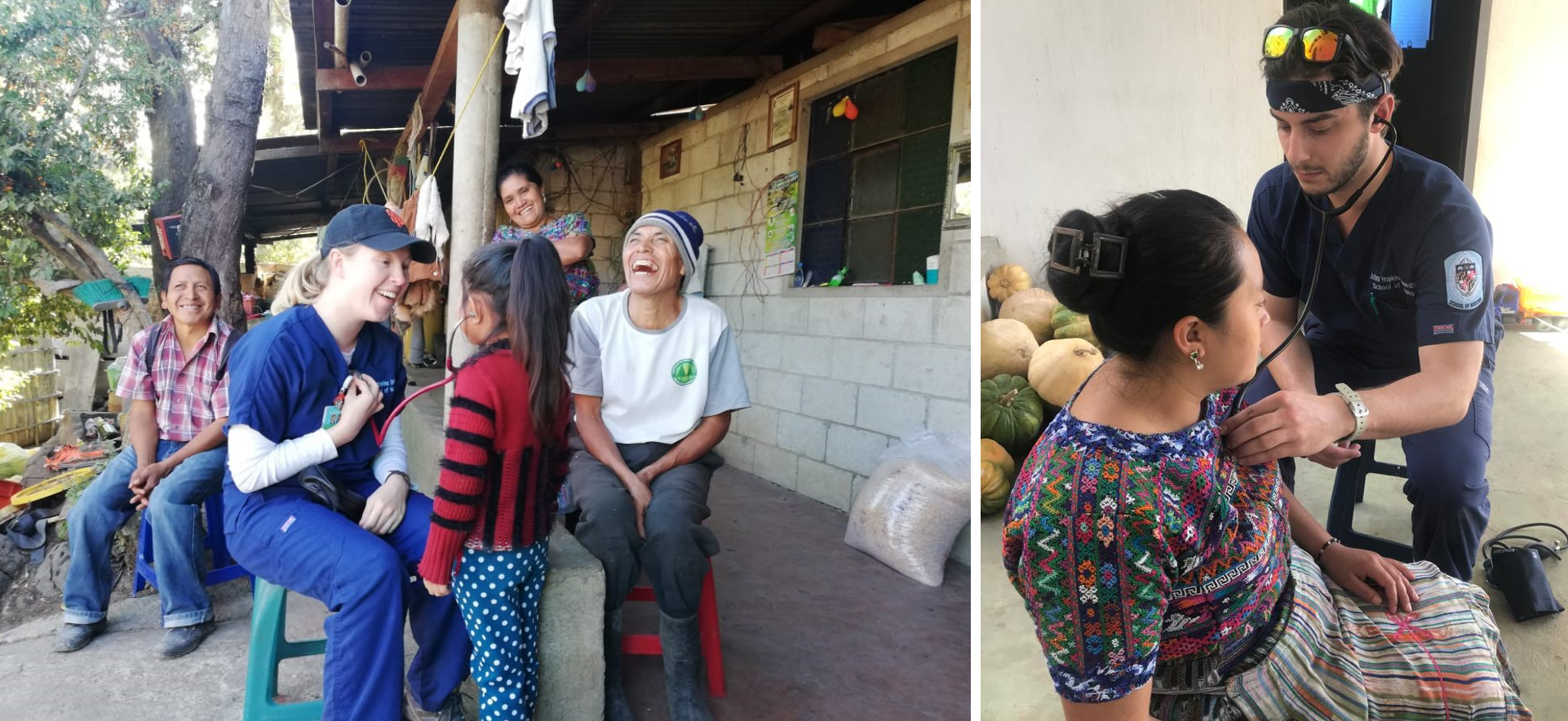By Paula Nersesian, PhD candidate

It was not my intent to spark intellectual curiosity outside my academic circle. I had no idea that my studies would provide collateral benefits to the community. But it seems that intellectual curiosity is contagious!
One sure way to increase the number of high-quality email messages you receive is to tell your friends about your dissertation research topic. The pattern is predictable: You deliver your 30-second elevator speech, observe a few curious head tilts and maybe receive a question or two. Then, within
a few days, the emails will begin rolling in. The people you thought of as tennis mates or fellow book group members begin looking more like collaborator wannabes! They send articles, share essays that relate to your topic, and invite you to events connected in some way—directly or tangentially—to your research topic.
An important reason for the “relatability” of my topic—or rather, topics, since I’ve bounced around a bit—is the fact that I’m a budding researcher in nursing science. Had I been pursuing an advanced degree in quantum physics, my hunch is that I’d get a lot more head tilts and far fewer follow-up articles, essays, and invites. But because I’m working to advance my knowledge of nursing science, people can connect with and relate to the questions I pose. They may even be personally affected.
For example, one neighbor was interested in my examination of inflammation in people with traumatic brain injury; she was recovering from a TBI. Months after our discussion, she sent me an invitation to a community event for people who sustained a head injury and their friends and family. Then there is my friend with a family history of heart attacks at a young age. From him, I get peer-reviewed literature on familial hypercholesterolemia. And my spouse is simply interested in any and all of my topics. He shares high-quality mass media newspaper articles and essays from the New York Times and the New Yorker demonstrating public interest in the topics and providing me with new perspectives to consider.
Sometimes I feel like I’m drowning in reading material, grant applications, and manuscript preparation. Then I remember how lucky I am to be a member of the most respected profession. I feel fortunate to have the opportunity to develop lines of inquiry and examine questions that people can relate to, feel connected to, and reflect upon as they go about their daily routines.
The relatability and applicability of nursing science to people’s lived experience punctuates the importance of nursing research. We nurse scientists are asking questions that matter on a personal level. Most people think of nurses as direct caregivers, which is logical since a majority of nurses fulfill that important role. By comparison, nurse scientists comprise a much smaller proportion of the nursing workforce, and even though we don’t “lay hands” as our primary function, nurse scientists make meaningful differences in people’s lives … in more ways than we may have imagined.
![]() Learn more about JHSON life at blogs.nursing.jhu.edu
Learn more about JHSON life at blogs.nursing.jhu.edu
Illustration by Jon Krause

 Birth Companions Talk Doulas and Maternal Health with Mayor Brandon Scott
Birth Companions Talk Doulas and Maternal Health with Mayor Brandon Scott Forging Policy: How Can Doulas Improve Black Maternal Health?
Forging Policy: How Can Doulas Improve Black Maternal Health? Global Service Learning: Guatemala
Global Service Learning: Guatemala Guatemala Re-visited: Rainwater Project Shows Value of Service-learning Trips
Guatemala Re-visited: Rainwater Project Shows Value of Service-learning Trips You’re Welcome
You’re Welcome





